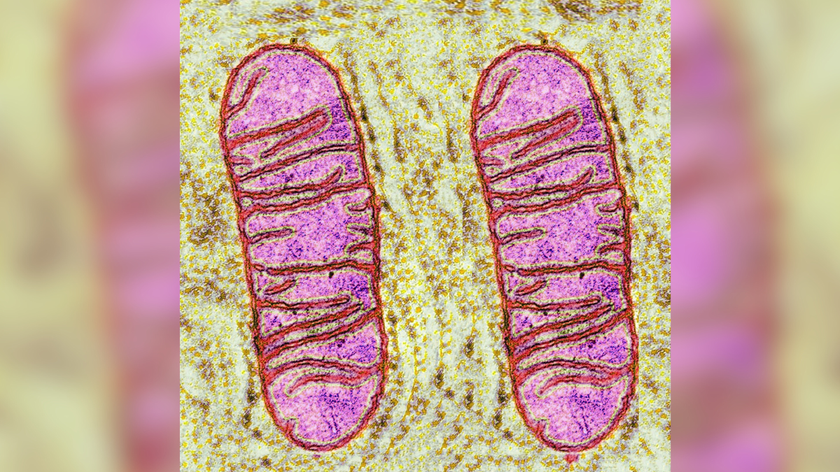Childhood Adversity May Age DNA and Shorten Life Span
Hardships early in life may prematurely age a child's DNA, which may ultimately shorten life span, according to a new study.
The results showed that children who spent their early childhoods in Romanian orphanages had shorter telomeres caps on the tips of chromosomes than expected for their age. Telomeres protect the ends of chromosomes from damage, and early shortening of telomeres may lead to a reduction in life span, the researchers say.
The study is the first to link early childhood adversity with shorter telomeres in children, though previous work has found a link in adults.
It's unclear what the results mean for the children's future health. Earlier studies have found an association between shorter telomeres and an increased risk of disease, including cardiovascular disease and cancer . In addition, it may cause premature aging, said study researcher Charles Nelson, director of the Laboratories of Cognitive Neuroscience at Children's Hospital Boston.
Telomeres and life span
Every time a cell divides, its telomeres get shorter. When the telomeres become too short, the cell stops dividing and eventually dies. Telomeres are thought to play a role in aging, and previous studies have found an association between telomere length and life span.
The study involved 136 children who spent time in Romanian orphanages, which are infamous for severe child neglect, particularly during the country's Communist rule by dictator Nicolae Ceausescu, from the mid-1960s to 1989. In general, institutionalized children receive less attention, experience low-quality care and have limited opportunities for social interaction compared with children who grow up in other environments, the researchers say.
Sign up for the Live Science daily newsletter now
Get the world’s most fascinating discoveries delivered straight to your inbox.
The study, known as Bucharest Early Intervention Project, began in 2000. When institutionalized children were close to 2 years old, they were randomly assigned to stay in an institution or transfer to foster care. Children in both groups spent varying amounts of time in institutionalized care because they arrived at different times and some were adopted or returned to their biological families, the researchers say.
The amount of time the children spent in institutionalized care before age 5 was associated with the length of their telomeres between ages 6 and 10. The longer the children's stay, the shorter their telomeres.
Future work
The researchers note that other factors the child encountered in the womb may have influenced their telomere length, which the study did not take into account.
Future work will be needed to determine the child's telomeres are permanently shortened, or if time spent in other environments, such as foster care, can repair some of the damage.
The study will be published this week in the journal Molecular Psychiatry.
Pass it on: Adversity early in life may shorten telomeres in children, a change that could lead to premature aging.
- One Key Found for Living to 100
- Top 10 Leading Causes of Death
- Pesticide Exposure Before Birth Linked to Lower IQ in Kids
Follow MyHealthNewsDaily staff writer Rachael Rettner on Twitter @RachaelRettner.

Rachael is a Live Science contributor, and was a former channel editor and senior writer for Live Science between 2010 and 2022. She has a master's degree in journalism from New York University's Science, Health and Environmental Reporting Program. She also holds a B.S. in molecular biology and an M.S. in biology from the University of California, San Diego. Her work has appeared in Scienceline, The Washington Post and Scientific American.











